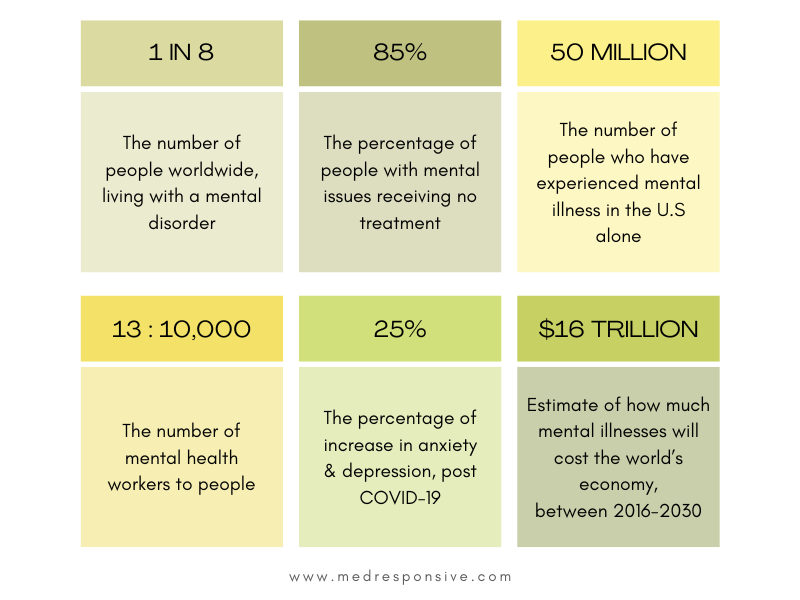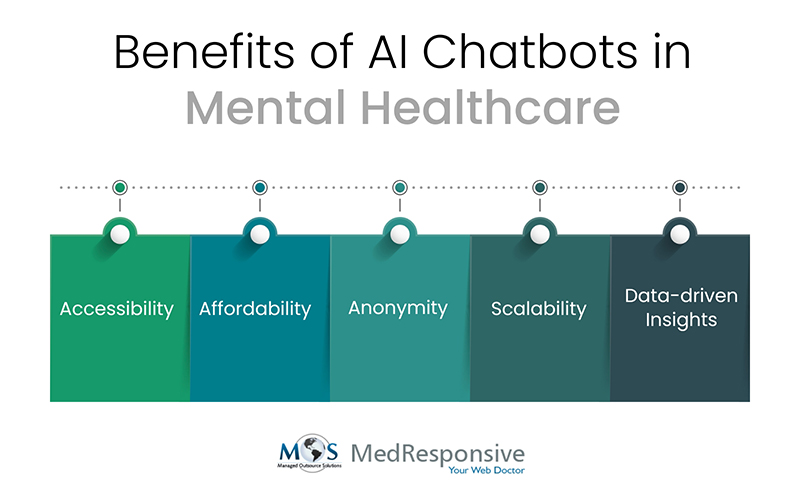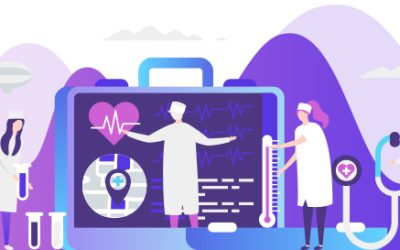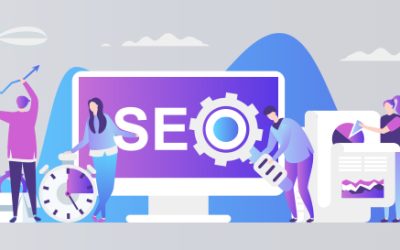Artificial Intelligence (AI) and mental healthcare—who would have thought these two terms would go hand in hand, that too, in our lifetime?
AI is evolving at breakneck speed, disrupting every industry in its wake. And, mental health is about to become the next chapter.
“Hello, how are you doing?” would be the question you’d be hearing more from an AI chatbot, over a therapist these days. A comforting presence is now just a message away (text/voice), ready to listen and guide you through life’s challenges. AI chatbots are fast becoming intuitive and trusted companions for many, by seamlessly blending in empathy and technology.
These smart digital tools are not only transforming the mental healthcare industry, but also, offering vital support when we need it the most.
The Current State of Mental Healthcare

(Source: World Health Organization, Mental Health America, Reuters)
These numbers clearly demonstrate the challenges faced in mental healthcare, around the world. Even though the real reason why mental depression and anxiety are on the rise is largely unknown, it has shaken the very core of healthcare not just in the country, but across the globe.
The number of adults receiving mental care (I.P/O.P) or counseling has been on the rise in the US, over the last two decades. However, access to care is still limited with mental health professionals dealing with high caseloads, risking burnout and that is where AI comes to the fore.
What Is the Role of AI Chatbots in Mental Healthcare?
AI chatbots have a crucial role to play here, filling the need for a scalable and accessible solution—especially in places where traditional healthcare systems fall short. These chatbots use advanced technologies such as natural language processing (NLP) and machine learning to replicate human conversations in the form of emotional support, coping mechanisms and suggesting apt mental health resources to patients.
One of the significant advantages of an AI chatbot is its round-the-clock availability, catering to the needs of the patient, anytime. Additionally, it is cost-effective compared to traditional sessions which can range between $100-$250 per hour, per session.
These tools are not introduced as a substitute to a therapist, but to assist in their daily work. These bots can help in preliminary evaluation of the patient, understand and guide them with their present emotions and if the situation is beyond their capabilities, they could escalate it to the respective therapist.
To summarize, AI chatbots will act as the first responders, making mental healthcare efficient and accessible to more people, and less intimidating.
What Are the Different Types of AI Chatbots in Mental Healthcare?
AI mental health chatbots are tailored to meet different requirements in mental healthcare. Let us take a look at some of those:
- Conversational Chatbots
These bots are capable of initiating real-time conversations, helping users to express their feelings. Popular conversational agents include Woebot and Wysa, which can provide emotional support, coping strategies and resources.
- Therapy-assisting Chatbots
These bots can emulate cognitive-behavioral therapy (CBT) techniques to complement traditional therapy. For instance, Tess chatbot engages with patients between therapy, collecting data, and reinforcing mental healthcare principles.
- Specialized Chatbots
There are chatbots that are customized to cater to specific populations or conditions, like LGBTQ+ or postpartum depression. These can help break down barriers, and offer non-judgmental support.
What Are the Benefits of AI Chatbots in Mental Healthcare?
AI for mental health is no longer just an appealing gimmick—it’s a game changer. Here’s why:
- Accessibility: When traditional therapy involves waiting for days to get an appointment or dealing with scheduling conflicts, chatbots break all barriers like location, cost, and stigma. Patients can now access help, even if they are in a remote village or a bustling city, during late night or on a busy workday.
- Affordability: Traditional mental healthcare is expensive, especially consultations with the top professionals. Chatbots offer a low-cost alternative, democratizing mental health care. This means, they can deliver traditional support services like general advice, coping strategies, and mental health support at a fraction of the cost.
- Anonymity: Many people hesitate to seek mental help due to the social stigma associated with it. AI chatbots minimize this stigma and offer privacy to fearlessly discuss their concerns without the fear of judgment that usually comes from a face-to-face interaction.
- Scalability: AI chatbots can be customized and trained to incorporate therapeutic techniques as per requirements, for instance, cognitive behavioral therapy (CBT) and dialectical behavior therapy (DBT). These AI therapy chatbots are effective for treating anxiety and depression. Also, chatbots are capable of handling multiple users simultaneously, thereby addressing widespread mental health challenges.
- Data-driven Insights: With automation and advanced technologies, chatbots can store and analyze user data (adhering to privacy regulations) to identify trends, monitor progress, and aid in refinement of their responses.
Challenges and Ethical Considerations
Despite their multifarious benefits, AI chatbots come with their fair share of challenges. There are already concerns rising about data privacy, ethical usage, and the lack of emotional nuance compared to their human counterparts.
Being in a sector where emotions are involved, human therapists can measure emotional intelligence, personal connection, and understanding with their patients, offering a level of care that AI therapy chatbots cannot replicate down to a T. However, with the introduction of strict regulations and constant updates, these issues are now being addressed.
Future of AI Chatbots in Mental Healthcare
Unfortunately, with mental health crises surging through the world, AI chatbots will soon rise to be our indispensable allies in bridging the gap in delivering care and offering hope to millions, who are desperately seeking liberation from this quandary.
Even though they can never be a replacement to human therapy, they play a vital role in making mental healthcare more open and inclusive.
The future of mental health care is here—and it is powered by AI.
Why Partner with MedResponsive for Healthcare AI Services?
MedResponsive harnesses the power of Artificial Intelligence like no other. Apart from SEO, we also offer transformative mental healthcare automation services using AI. We have a team of experts, who are capable of developing unique digital mental health solutions that are user-centric and ethical.
Regardless of whether you are a mental healthcare provider, a sports athlete or a mental healthcare advocate, we guarantee healthcare app development solutions that are accessible, affordable and impactful.





